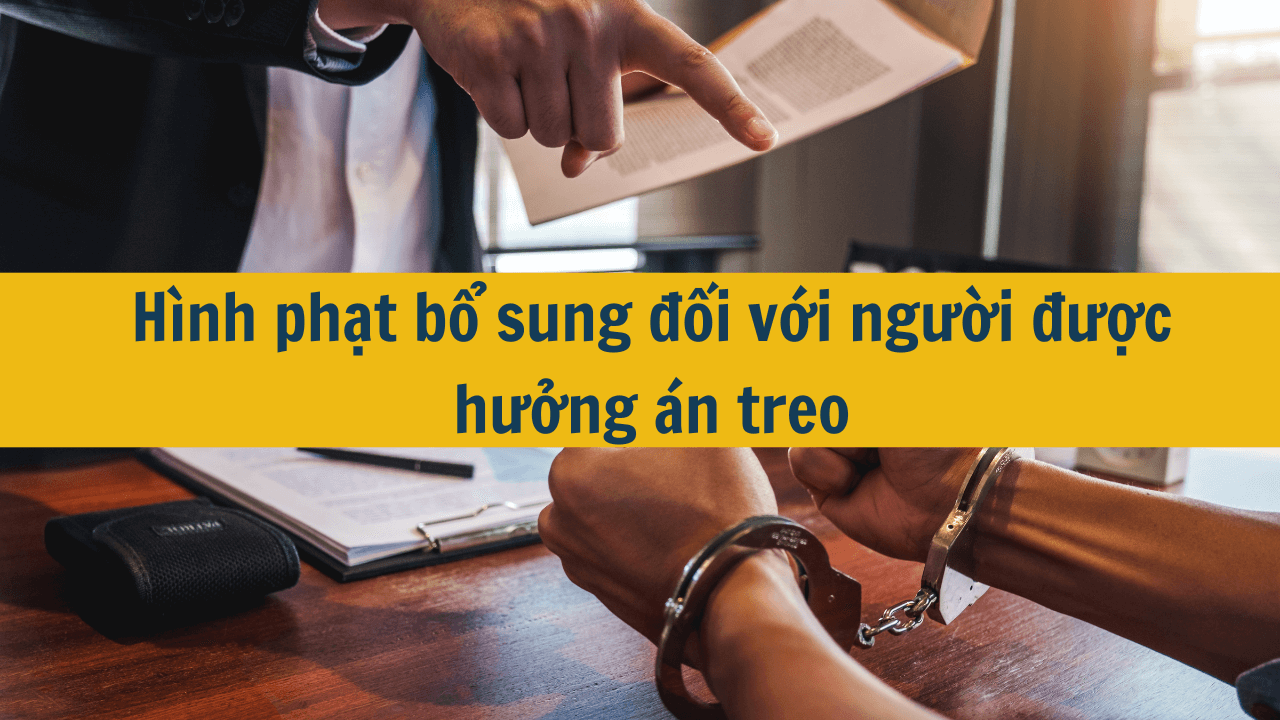Chapter VI
JUDICIAL MEASURES
Article 41.- Confiscation of objects and money directly related to crimes
1. The property confiscation for State funds shall apply to:
a) Tools and means used for the commission of crimes;
b) Objects or money acquired through the commission of crime or the trading or exchange of such things;
c) Objects banned from circulation by the State.
2. Things and/or money illegally seized or used by offenders shall not be confiscated but returned to their lawful owners or managers.
3. Things and/or money of other persons, if these persons are at fault in letting offenders use them in the commission of crimes, may be confiscated for State funds.
Article 42.- Return of property, repair or compensation for damage; compelling to make public apologies
1. Offenders must return appropriated property to their lawful owners or managers and repair or compensate for material damage determined as having been caused by their offenses.
2. In case of moral damage caused by the offense, the court shall compel the offenders to make material compensation and public apologies to the victims.
Article 43.- Compulsory medical treatment
1. For persons who commit acts dangerous to society while they are suffering from the diseases prescribed in Clause 1, Article 13 of this Code, depending on the procedural stages, the procuracies or the court, basing themselves on the conclusion of the Medical Examination Council, may decide to send them to specialized medical establishments for compulsory medical treatment; if deeming it unnecessary to send them to specialized medical establishments, it may assign such persons to the care of their families or guardians under the supervision of competent State bodies.
2. For persons who commit crimes while having penal liability capacity but, before being sentenced, they have suffered from illness to the extent of losing their cognitive capability or the capability to control their acts, the courts, basing themselves on the conclusion of the Medical Examination Council, may decide to send them to specialized medical establishment for compulsory treatment. After their recovery from illness, such persons may bear penal liability.
3. For persons who are serving their penalties but are suffering from illness to the extent of losing their cognitive capability or the capability to control their acts, the courts, basing themselves on the conclusion of the Medical Examination Council, may decide to send them to specialized medical establishments for compulsory treatment. After their recovery from illness, such persons shall continue serving their penalties, if they have no reasons for exemption from serving their penalties.
Article 44.- The compulsory medical treatment duration
Based on the conclusion of the medical treatment establishments, if the persons compelled to have medical treatment as provided for in Article 43 of this Code have recovered from illness, depending on the procedural stages, the procuracies or the courts shall consider and decide to suspend the application of this measure.
The compulsory medical treatment duration shall be subtracted from the term of imprisonment imposed.


 Bộ luật Hình sự 1999 (Bản Word)
Bộ luật Hình sự 1999 (Bản Word)
